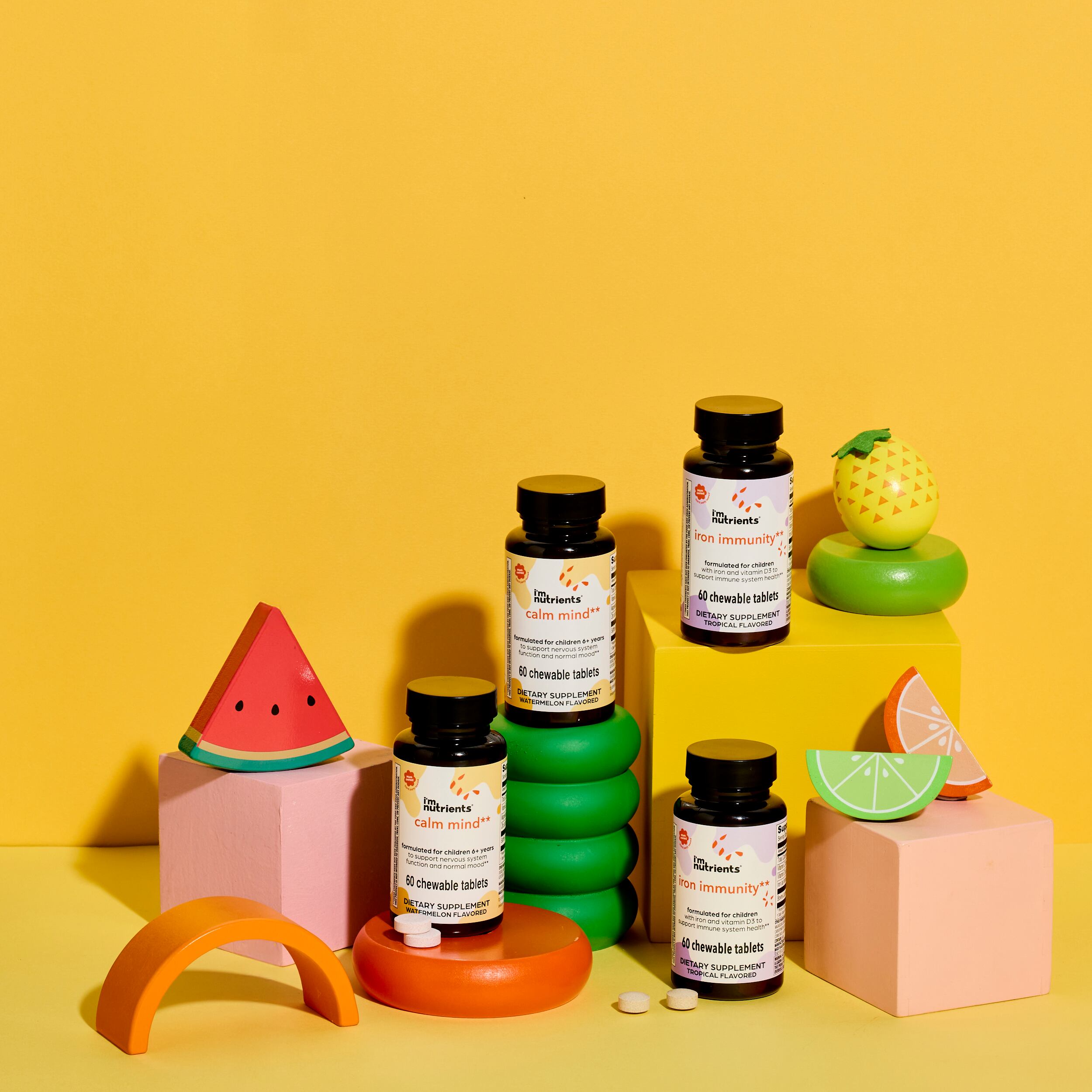However, vitamin C administration did not lead to significant reduction in the length of hospital stay, said the researchers from Naresuan University who conducted the study between July 2020 and October 2023.
Findings of the study were published in Clinical and Experimental Paediatrics.
A total of 150 young children and adolescents between six months and 15 years old participated in the study. The median age of the participants was three years old.
They were all hospitalised due to mild to moderate community-acquired pneumonia, including viral and bacterial pneumonia.
Their baseline vitamin C level was normal or marginally below normal.
During the study, they were randomised to receive either 1) the placebo or 2) low dose vitamin C at 15mg/kg/dose or 3) high dose vitamin C at 30mg/kg/dose every six hours intravenously.
They received the assigned treatment until they were discharged or three days at most.
At the same time, they received standard care of treatment for pneumonia. Oxygen therapy, mainly oxygen corrugate was also needed for more than 50 per cent of the participants from each group.
To assess the effects of vitamin C supplementation, blood samples were collected to measure vitamin C levels, blood urea nitrogen and creatinine levels.
The ReSVinet Scale was also used to measure changes in clinical severity throughout the study.
The scale assessed seven parameters, including respiratory difficulty, respiratory frequency, apnea, fever, and general condition.
The higher the points the more severe the symptoms. The total points is 20.
Results showed that both groups which took vitamin C showed improvement in their clinical scores more rapidly than the placebo group over the 48th hour to 72nd hour of the study period.
The greatest change in clinical score occurred at the 48th hour of treatment in the group taking low dose vitamin C.
For this group of participants, the improvement in their clinical severity score was also correlated with their serum vitamin C levels, which went up significantly from 3.09 mg/L at baseline to 15.47 mg/L.
Serum vitamin C level for the high dose vitamin C group also went up significantly from 3.10 mg/L to 23.38 mg/L.
“Recordings at the time of enrolment showed a weak correlation between the vitamin C levels and clinical severity scores of the patients.
“Subsequently, after the intervention period, a converse correlation was shown between the vitamin C levels of the patients and their clinical severity scores.
“Our study suggests that a low dosage of 15 mg/kg/day, administered every six hours for three days, can significantly improve clinical symptoms within 48 hours, with minimal side effects,” said the researchers.
While vitamin C did reduce clinical severity, symptoms of pneumonia began to deteriorate upon discontinuation of vitamin C, particularly in the group taking high dose vitamin C.
“This finding suggests that vitamin C plays a beneficial role in the management of community-acquired pneumonia.”
No significant difference in hospital stay
Hospital stay was shortest in the group taking high dose vitamin C, especially in kids who contracted viral pneumonia.
However, this was not a statistically significant reduction when compared to the other two groups taking low dose vitamin C or the placebo.
Length of hospital stay was shortest in the high dose vitamin C group at 71.72 hours, followed by the placebo group at 76.05 hours, and the low dose vitamin C group at 82.55 hours.
A similar pattern was also seen among children suffering from bacterial pneumonia, with hospital stay shortest for those taking high dose vitamin C at 65.30 hours, followed by 66.35 hours for those taking placebo, and 91.01 hours for those taking low dose vitamin C.
“These values indicate that the low vitamin C supplement did not help the length of stay in bacterial pneumonia,” said the researchers.
They added that previous studies also did not manage to reach a consensus regarding the effectiveness of vitamin C in reducing hospital length of stay.
“Several studies have reported a reduction in hospital stay, while others found no significant effect.
“This study corroborates the findings of previous research, indicating that vitamin C supplementation does not reduce the length of hospital stay.”
For this particular study, the researchers hypothesised that the lack of impact on hospital stay could be due to insufficient duration of vitamin C administration.
“Given vitamin C’s half-life of approximately two hours, its active concentration in the bloodstream rapidly decreases due to both metabolic breakdown and renal excretion.
“While traces of vitamin C or its metabolites may be detectable in urine for up to 24 hours, clinically significant levels are eliminated from the bloodstream within approximately 10 hours of discontinuation.
“Therefore, stopping the administration of Vitamin C may result in symptom recurrence and no reduction in hospital stay duration.”
They have therefore recommend that future research could be extended to five to seven days.
Side effects in vitamin C groups
Some side effects, such as mild diarrhoea, were reported in both groups taking vitamin C.
One participant from each vitamin C group developed mild diarrhoea.
Two participants in the high dose vitamin C group had urine calcium oxalate - a common component of kidney stones - identified three days after enrolment into the trial.
However, no participant had withdrawn from the study due to side effects from the intervention.
Source: Clinical and Experimental Paediatrics
Effect of vitamin C supplement in treatment of childhood pneumonia requiring hospitalization: A randomized controlled trial
DOI: 10.3345/cep.2024.01970.
Authors: Phuaksaman C, Jampachaisri K, Srisingh K.




